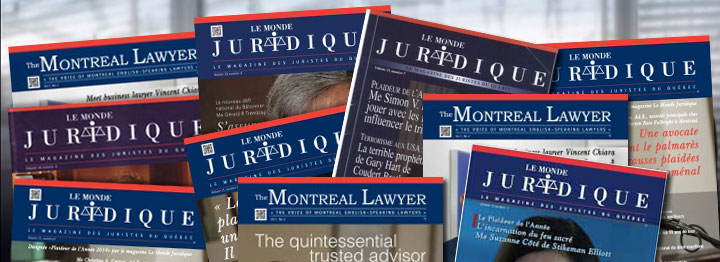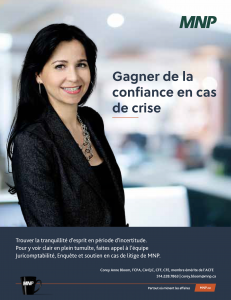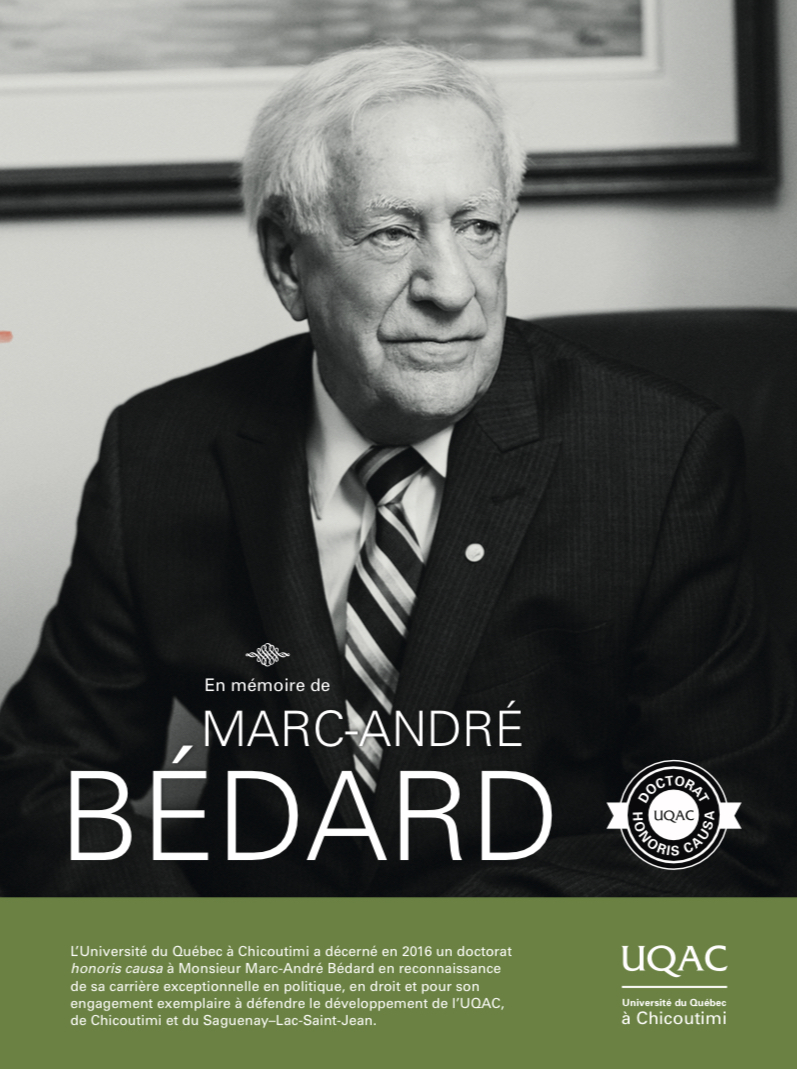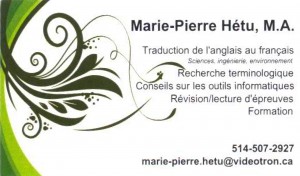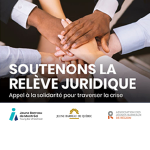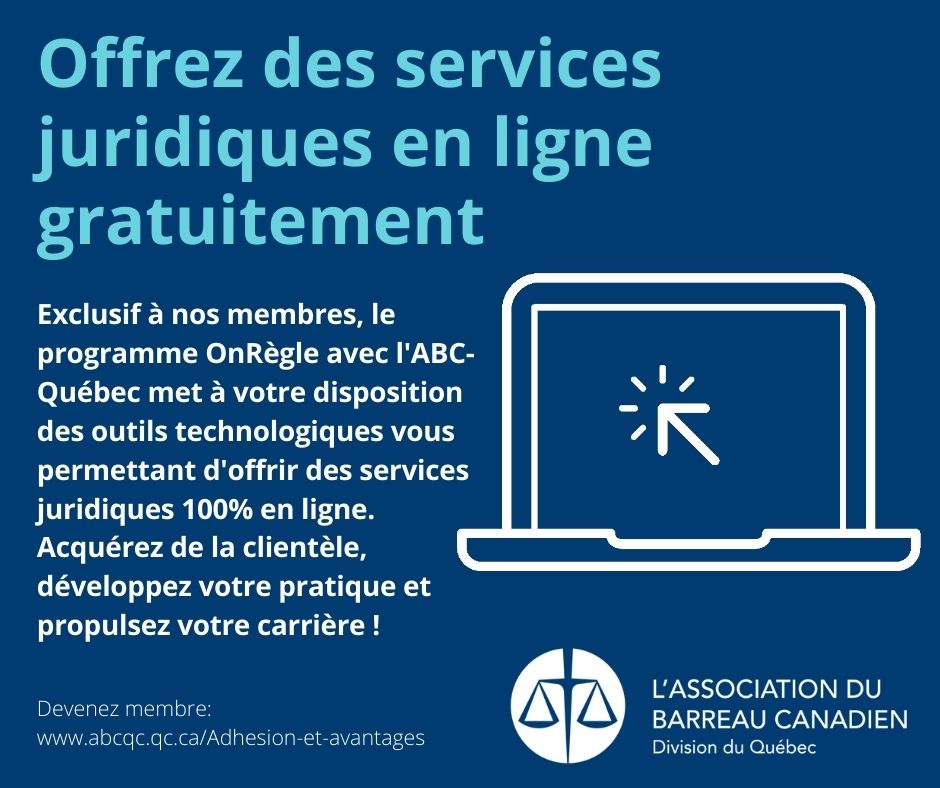“Magna Carta: Muse and Mentor” Exhibition Lecture Series Starts July 8 with “Trial by Jury” Discussion
Exhibition Opens November 2014 at Library of Congress
In conjunction with its upcoming exhibition « Magna Carta: Muse and Mentor, » the Library of Congress will launch a lecture series on July 8.
The first lecture will be « Trial by Jury—Magna Carta’s Influence in Criminal Law and Legal Representation » at 1 p.m. on Tuesday, July 8 in the Mumford Room on the sixth floor of the Library’s James Madison Memorial Building, 101 Independence Ave. S.E., Washington, D.C. Hosted by the Law Library of Congress, the lecture is free and open to the public. Tickets are not needed.
The event will feature a panel of distinguished criminal-law experts. They include Angela J. Davis, professor of law at American University’s Washington College of Law; Monroe Freedman, a professor of law and former dean at the Maurice A. Dean School of Law at Hofstra University; and from Georgetown University Law Center, Paul Butler, professor of law, and Vida Johnson, visiting associate professor of law. The panel will be moderated by Abbe Smith, professor of law and director of the Criminal Defense and Prisoner Advocacy Clinic at Georgetown University Law Center.
The exhibition « Magna Carta: Muse and Mentor » will open at the Library of Congress on Nov. 6, 2014, and will run through Jan. 19, 2015. The 10-week exhibition celebrates the 800th anniversary of Magna Carta, the great charter of rights and liberties that stands at the heart of British and U.S. law. One of only four surviving copies of Magna Carta from 1215—on loan from the Lincoln Cathedral in England—will be the centerpiece of the exhibition.
The lecture series will run from July through January 2015. Dates and times of future lectures will be announced in mid-summer. The lecture series will examine: how Magna Carta influenced greater historical and contemporary topics, such as legal representation; the status of women in medieval times; and the elucidation of history through primary sources.
The exhibition « Magna Carta: Muse and Mentor » will draw on rare materials in the Law Library of Congress and from various collections throughout the Library to tell the story of Magna Carta’s creation in England in 1215, its reinterpretation through the centuries and its emergence as an enduring document of constitutional law in the United States.
The exhibition also will mark the 75th anniversary of the Lincoln Magna Carta’s first visit to the Library of Congress. After a six-month public showing in the British Pavilion at the 1939 New York World’s Fair, the document traveled to Washington, D.C. On Nov. 28, 1939, the British Ambassador to the United States, in an official ceremony, handed Magna Carta over to Librarian of Congress Archibald MacLeish for safekeeping during World War II. The Library placed the document on exhibition until the U.S. entry into the war, when the Library sent Magna Carta to Fort Knox, Ky. The document returned to England in 1946.
The Law Library of Congress was established in 1832 with the mission to make its resources available to members of Congress, the Supreme Court, other branches of the U.S. government and the global legal community and to sustain and preserve a universal collection of law for future generations. With more than 5 million items in various formats, the Law Library of Congress contains the world’s largest collection of law books and other resources from all countries and provides online databases and guides to legal information worldwide through its website at www.loc.gov/law/.
The Library of Congress, the nation’s oldest federal cultural institution and the largest library in the world, holds more than 158 million items in various languages, disciplines and formats. The Library serves the U.S. Congress and the nation both on-site in its reading rooms on Capitol Hill and through its award-winning website at www.loc.gov.


